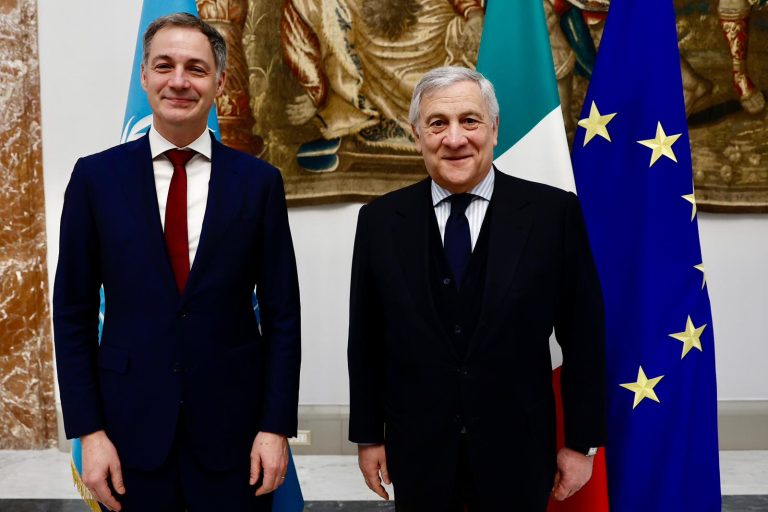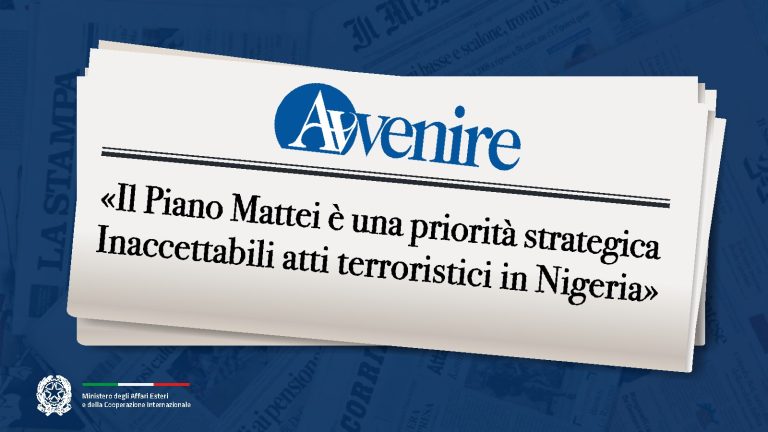Italy has made progress in international cooperation, but needs to do more. That was the message contained in the latest “Peer Review” on Italy conducted by the OECD’s Development Assistance Committee (DAC). The report was presented at a meeting at the Chamber of Deputies attended by Deputy Speaker Marina Sereni, Deputy Foreign Minister Lapo Pistelli, the Chair of the DAC, Erik Solheim, and the Deputy Director General for Development Cooperation, Fabio Cassese.
New cooperation law after 27 years
“Four years are a very long time and we have seen a change of direction – for the better. Starting with the Monti government, Italy has increased its investment in development cooperation, even during a period of spending cuts”, underscored Pistelli. He explained that “thanks to the DAC recommendations we’ll try to increase our ‘weight’ at the global level even more. In the meantime, we have a new law on cooperation awaiting approval by the Senate’s Budget Committee: a law that’s taken 27 years. In July, during our EU Presidency, we’ll be holding a Council meeting for Development with the EU ministers in Florence. The message we want to convey is that Italy is fully in touch with these issues, in concrete terms too”, concluded the deputy minister.
Percentage of GDP invested in public development aid is up but falls short of UN goals
According to the report, in 2013 the percentage of gross domestic product (GDP) Italy invested in public development aid increased on the previous year. But it still falls far short of the target of 0.7% set by the United Nations.
“Italy has done a lot in these 4 years, but needs to increase its weight at the global level even more”, commented Erik Solheim. “It needs to set up a Development Agency that would deal specifically with cooperation, as well as new and flexible laws”, he added. The reform law currently under discussion “must focus solely on cooperation, not commercial diplomacy or immigration”, observed Pistelli. “The problem is finding a vision that reflects a satisfactory compromise for all parties concerned”.



